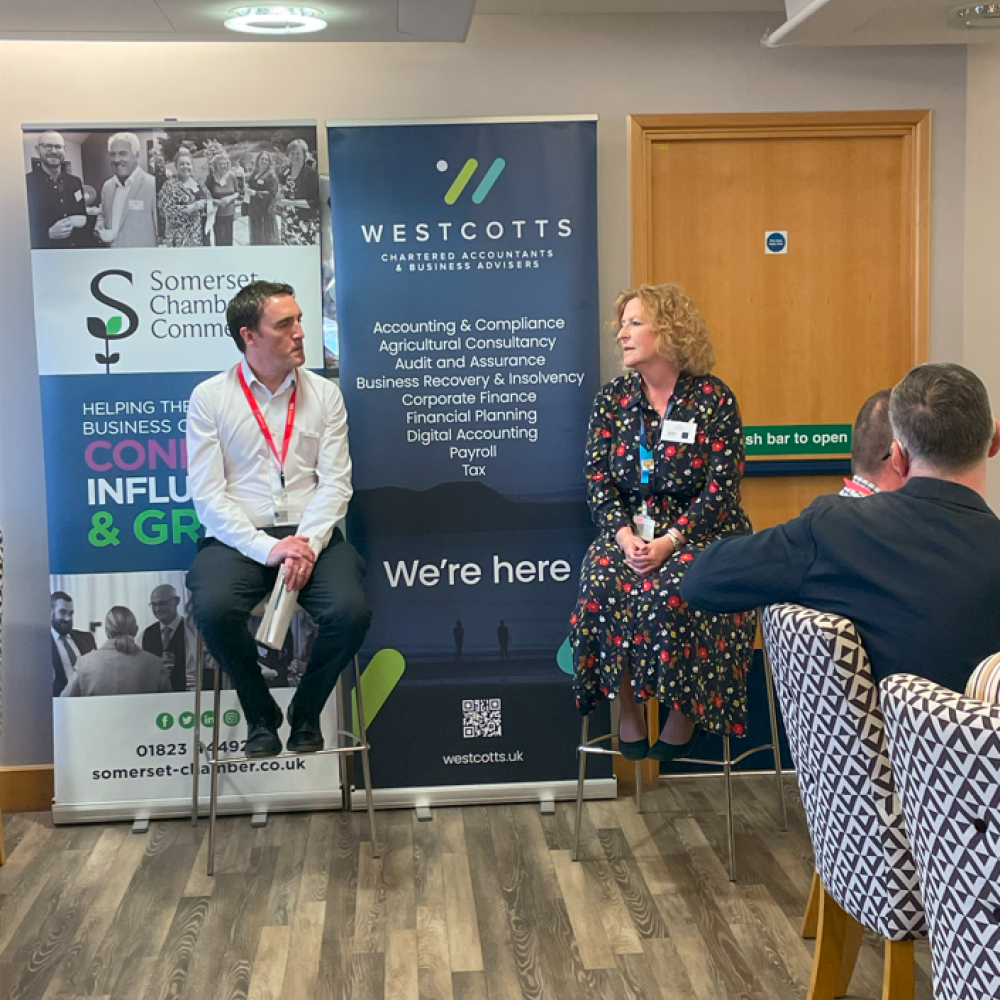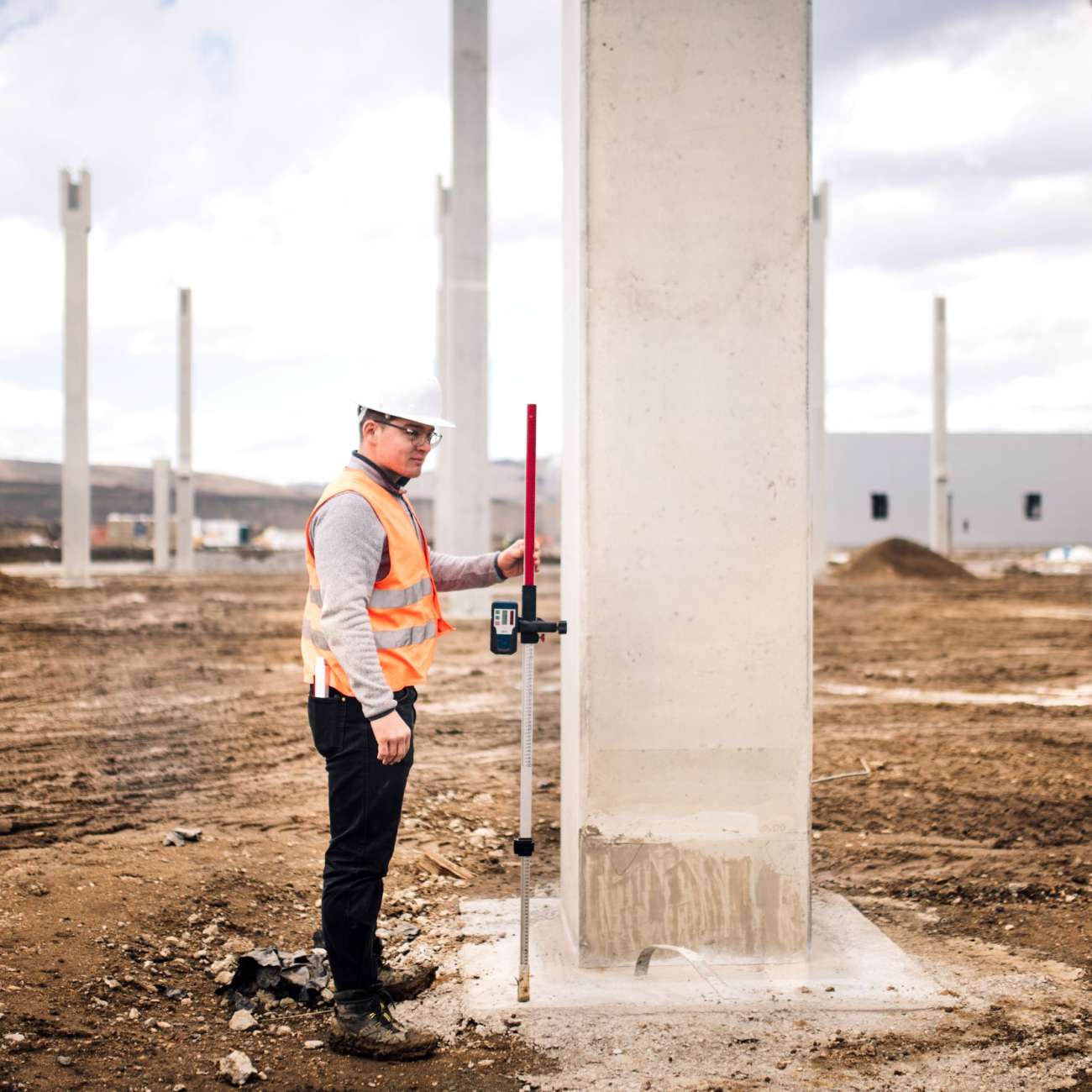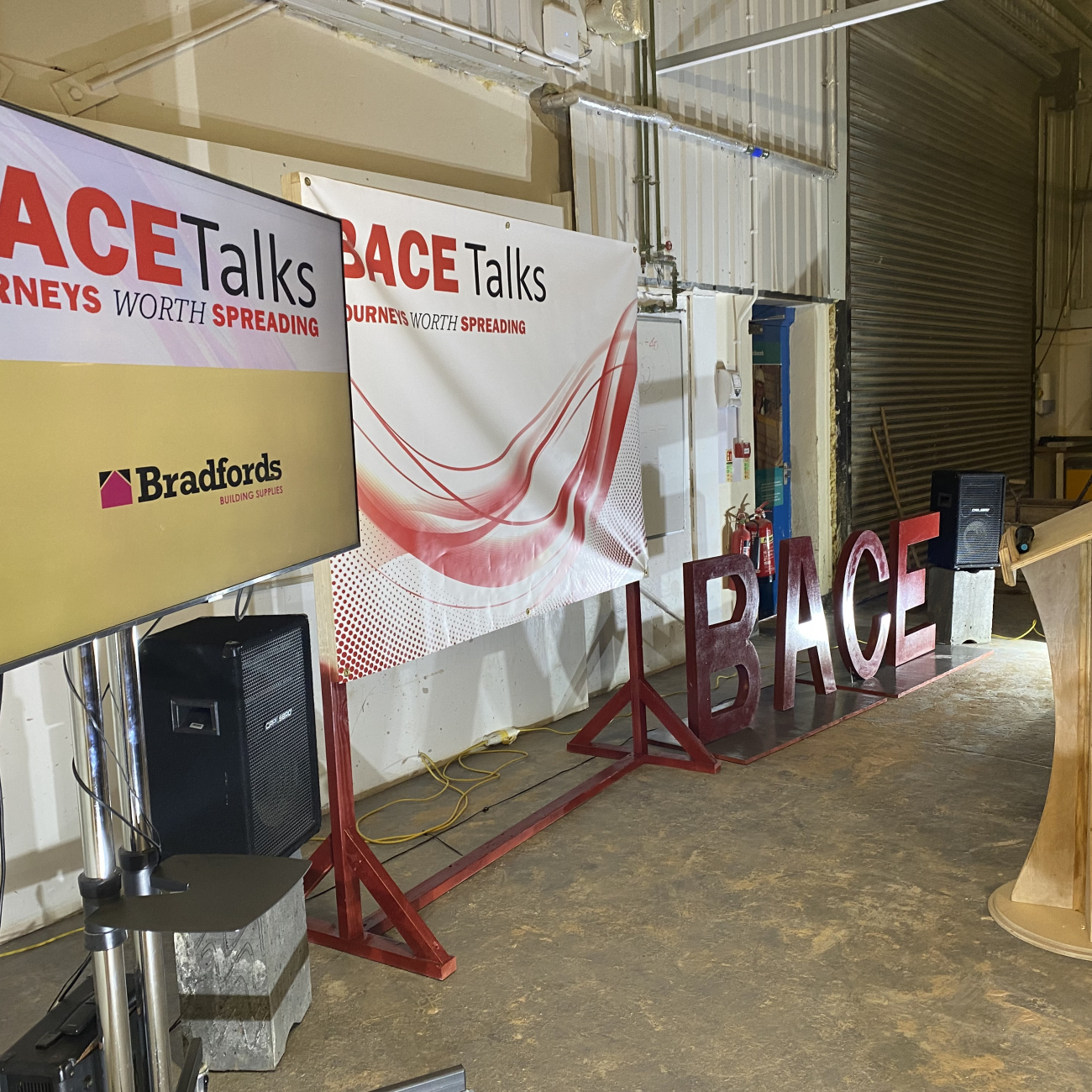
How to Become a Civil Engineer

Civil Engineers play a critical role in our community; they design and manage construction projects, including roads, bridges, canals, dams, airports, sewage systems, pipelines, structural components of buildings, and railways.
Civil engineering is also one of the most in demand construction roles in the UK, with demand due to grow by 10% in the next 10 years.
We asked Paul Nethercott from the sustainable civil engineering contractor, Alun Griffiths, about life in the industry, to give an insight into a career in civils: “Civil engineering is a rewarding, creative and fun job.
"The projects we undertake are critical to the evolution of humanity and our constant ability to adapt and thrive.
"No day is ever the same, it's a team effort with good pay - and lots of fantastic progression opportunities as there simply aren't enough engineers to go around.
"There are lots of different roles that you can take in civil engineering too, including:
- Design
- Surveying
- Civil/Site Engineering
- Building Control
- Buying
- Estimating
- Planning
- Site Technical Support.”
You might be wondering how exactly to become a Civil Engineer – well, you’ve come to the right place!
There are several different routes into the industry, which can be chosen if they suit your learning style:
Apprenticeships
An apprenticeship is a fantastic way of entering the industry, and provides an opportunity to meet local organisations that are wanting to invest in and develop their future workforce.
Apprenticeships are open to anyone over the age of 16, so you could be a school leaver, or someone that wants to turn their passion into a career. As an apprentice you will be employed by the company, and complete training at college – you will be expected to work at least 30 hours a week, with the rest of your hours being training.
You can complete apprenticeships at a number of Levels, depending on your experience and skill level. We currently offer two apprenticeships in Civil Engineering, click the course below to find out more:
Civil Engineering Level 3 – 36 months
Civil Engineering Senior Technician Level 4 – 12 months
Once you have completed your apprenticeship, you can either further your development by studying the next Level, or go into full-time work.
T Levels
T Levels are a great way to start your journey into becoming a Civil Engineer.
T Levels are the new ‘Gold Standard’ in technical qualifications and are designed to ensure that learners are more employable – with a mix of classroom based learning and practical experience.
Our two-year T Level in Construction: Design, Surveying and Planning, is a Level 3 standard, and can lead on to either a Degree Apprenticeship, or a Degree.
You can also complete other Construction based courses, Engineering courses or A Levels, which can lead you on to one of our Degree Level courses, taught through University Centre Weston.
Paul Nethercott from Alun Griffiths, also told us about some of the key skills that you will need for working in civil engineering: “The industry is really welcoming to graduates and new starters, but there are certain skills that will really help you to have a long and successful career. These include:
- Attention to detail
- Being a team player
- Possessing problem-solving skills
- Being a strong communicator
- Punctuality and reliability
- Having commercial awareness.”
A big thank you to Paul Nethercott.
If you would like to find out more about our courses, join us at our next Open Evening, taking place on the 29th March, across all campuses. Click here to book your spot.










